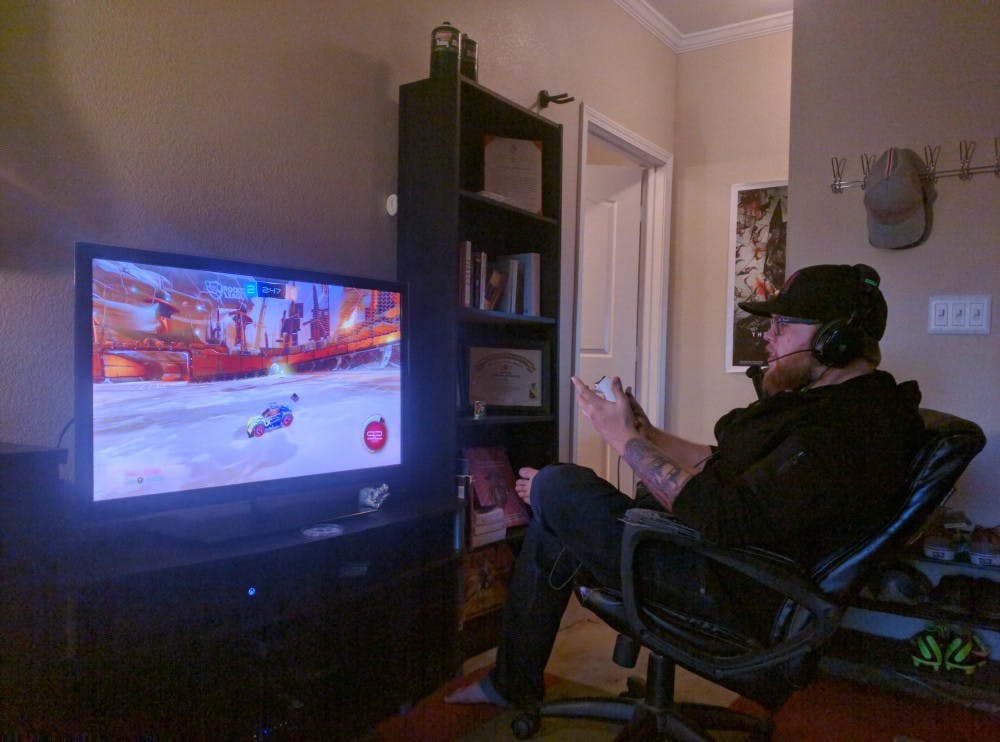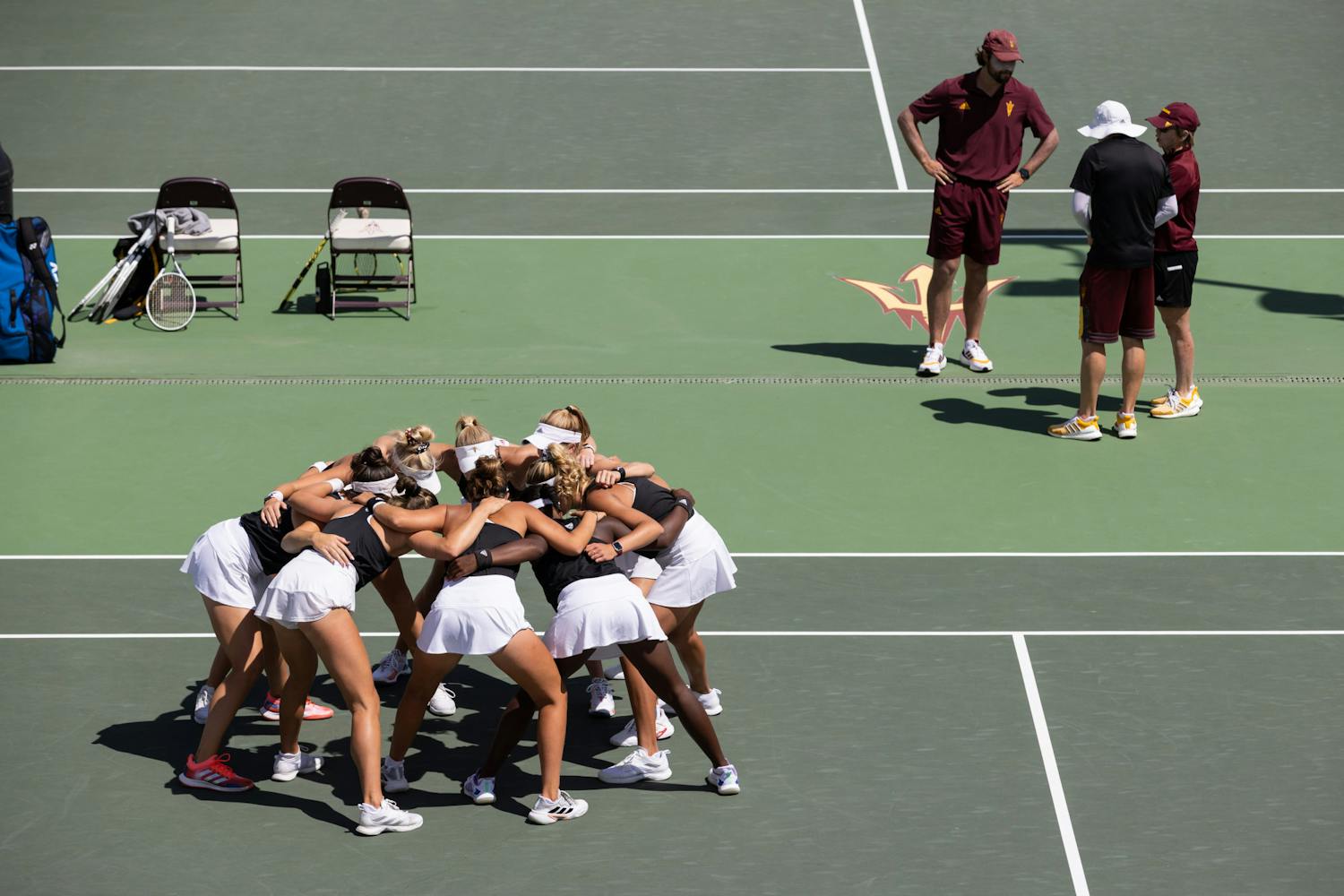I think my childhood would have played out a little differently if I knew I could grow up to be a professional video game player.
However, I didn’t think that was possible back then. When I was a kid, video games were a nerdy guilty pleasure. They weren’t “cool," and you definitely couldn’t win big money for playing them. So, I played them in private for fun. It was my competitive outlet, but I never knew I could make a living out of it.
So instead, I’m sitting here writing a column in defense of competitive gaming, or eSports.
I’ve always felt eSports are casually dismissed by the mainstream even though organized events are getting larger and more profitable. I think some people just hear the word “sport” and assume someone’s trying to draw direct parallels with playing football and playing Rocket League.
It’s a common straw-man argument to dismiss eSports and make them seem like the 21st century’s chess club. No one out there is seriously comparing the toughness of physical sports to playing video games.
As a spectator event, though, eSports are quickly starting to look and feel like traditional sports broadcasts. Big tournaments will have analysts breaking down replays, advertisements flashing on the screen and a lot of people tuning-in to watch from home.
What’s really so different about sitting on the couch to watch a football game or sitting at your computer to watch a Dota 2 tournament? I think that’s where you can make an accurate comparison with more traditional sports. Either one is great entertainment, entertainment that can turn into a money making machine.
Consider this year’s “The International 2016” Dota 2 tournament. The total prize pool available to the winning teams of this tournament was around $20 million dollars. In comparison, the prize money pool for the 2014 Rose Bowl was $22 million. That’s big time money, enough I think to allow eSports to play with the big dogs of broadcast sports.
Taylor Livingston, a recent University of Southern California graduate who pursued a career in eSports, started taking gaming seriously when he saw how fast the culture spread.
“I realized how much potential there is in CS:GO for professional Counter-Strike,” Livingston said. “Its massive growth and development in the last couple years has really pushed me to decide that I want to pursue what's really always been my biggest passion.”
Livingston picked a great time to start pursuing his passion. TBS recently started airing CS:GO tournaments on a weekly basis, broadcasting Counter Strike like football into thousands of homes.
“It took years for NHL hockey to enter American television,” Livingston said. “Counter-Strike and other eSports have all the elements that people love watching in traditional sports like NFL football.”
Video games have come to a point of such prevalence in our cultures that people can now provide a life for themselves by playing them professionally. For many like Livingston, it’s a chance to chase a childhood passion.
I firmly believe that eSports will grow to rival more traditional sports coverage on television. It’s ok to admit that you like both a great baseball game and a great game of Rocket League: the two aren’t mutually exclusive. Entertainment is entertainment. If video games or baseball just aren’t your thing, that’s fine, but it doesn’t decrease either’s legitimacy.
The future of competitive gaming is bright. “One day, I hope and believe that eSports will be watched by the millions and become the major sport of tomorrow,” Livingston said.
eSports are here to stay, and they deserve their place in the mainstream’s attention.
Reach the columnist at cjwood3@asu.edu or follow @chriswood_311 on Twitter.
Editor’s note: The opinions presented in this column are the author’s and do not imply any endorsement from The State Press or its editors.
Want to join the conversation? Send an email to opiniondesk.statepress@gmail.com. Keep letters under 300 words and be sure to include your university affiliation. Anonymity will not be granted.
Like The State Press on Facebook and follow @statepress on Twitter.




